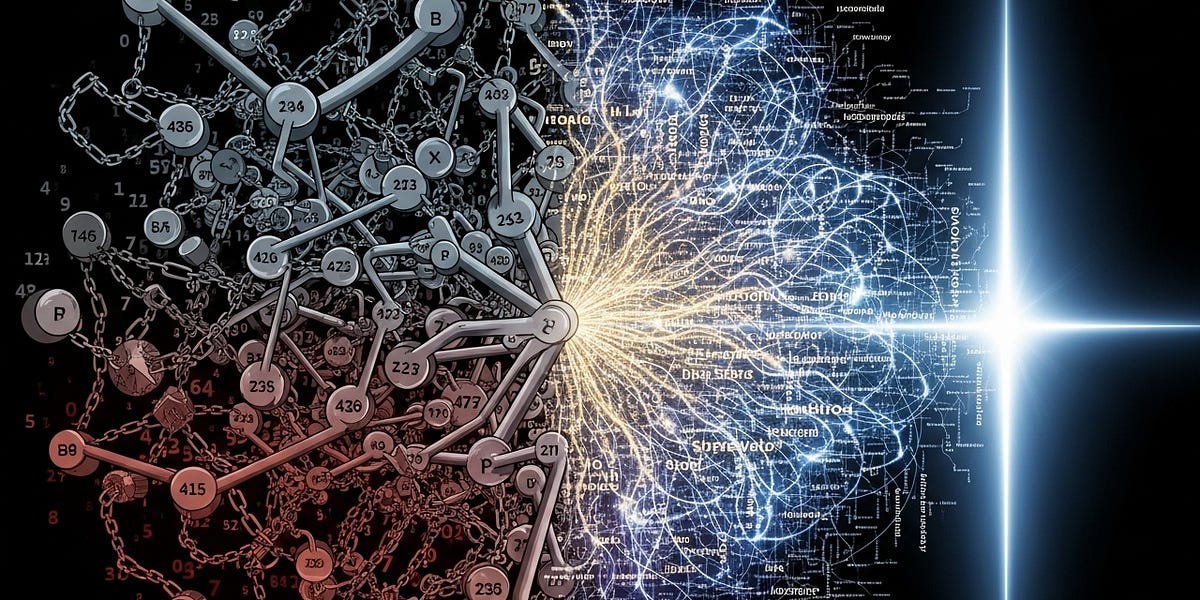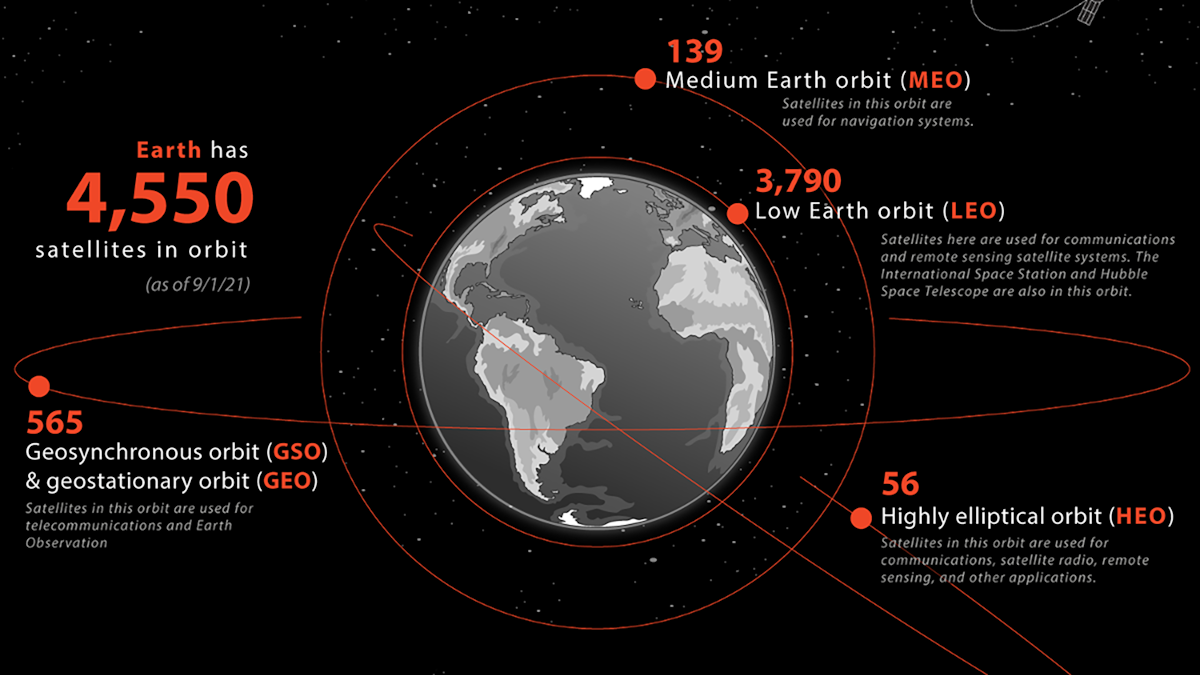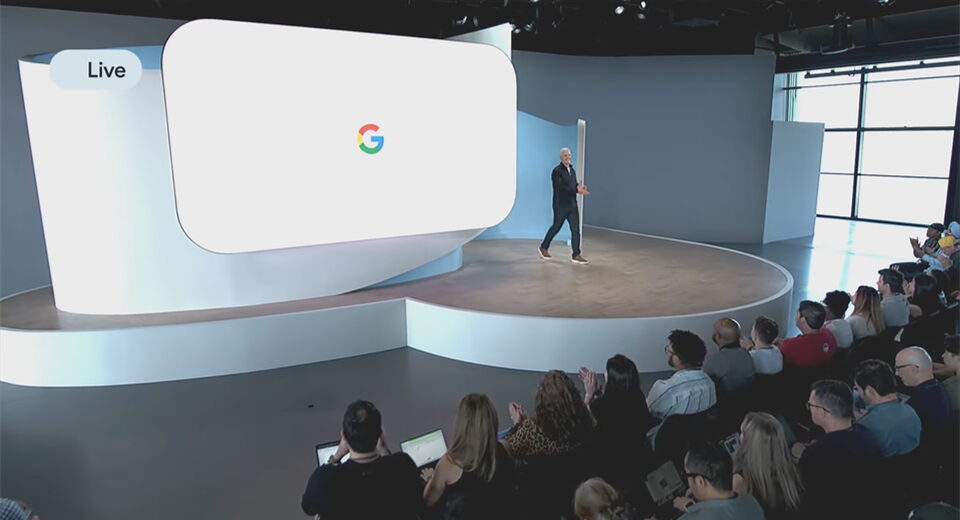GEPA: Reflective Prompt Evolution Can Outperform Reinforcement Learning

Authors: Lakshya A Agrawal, Shangyin Tan, Dilara Soylu, Noah Ziems, Rishi Khare, Krista Opsahl-Ong, Arnav Singhvi, Herumb Shandilya, Michael J Ryan, Meng Jiang, Christopher Potts, Koushik Sen, Alexandros G. Dimakis, Ion Stoica, Dan Klein, Matei Zaharia, Omar Khattab
Paper: https://arxiv.org/abs/2507.19457
TL;DR
What was done? The authors introduced GEPA (Genetic-Pareto), a novel algorithm for optimizing prompts in complex, multi-module AI systems. Instead of relying on traditional reinforcement learning (RL), GEPA employs a language-driven, evolutionary approach. Its core innovation is "reflective prompt mutation," where an LLM analyzes its own performance—including reasoning steps, tool usage, and detailed evaluation feedback—in natural language to diagnose failures and propose targeted improvements to its instructional prompts. This process is guided by a genetic algorithm that uses Pareto selection to maintain a diverse set of high-performing prompts, preventing the optimizer from getting stuck in local optima.
Why it matters? This work signals a potential paradigm shift in how we optimize LLM-based agents. GEPA demonstrates that learning through language-based self-reflection is dramatically more sample-efficient than learning from sparse, scalar rewards. It outperforms the RL method GRPO by an average of 10% while using up to 35x fewer "rollouts" (system executions). It also surpasses the state-of-the-art prompt optimizer MIPROv2 (https://aclanthology.org/2024.emnlp-main.525/), and surprisingly shows that evolving detailed instructions alone can be more effective than optimizing few-shot examples. This approach makes adapting powerful AI systems far more practical and affordable, especially in settings where data is scarce or system executions are expensive.
Details
The High Cost of Learning by Doing
Optimizing the performance of sophisticated AI agents—systems that combine multiple LLM modules, tool calls, and complex logic—is a central challenge in modern AI. A popular approach has been reinforcement learning (RL), where an agent learns through trial and error, guided by a scalar reward signal. However, this method often proves to be a brute-force endeavor, requiring tens or even hundreds of thousands of system executions ("rollouts") to achieve meaningful improvements. This high sample cost is a major bottleneck, making RL impractical for many real-world applications where each rollout may be computationally expensive, time-consuming, or financially costly.
A new paper from a large collaboration of researchers across UC Berkeley, Stanford, Databricks, and MIT challenges this paradigm. The authors argue that for systems built on Large Language Models (LLMs), the very language they process offers a far richer and more efficient learning medium than a simple numerical reward. Their proposed algorithm, GEPA (Genetic-Pareto), demonstrates that an AI system can learn more effectively by "reflecting" on its behavior in natural language, leading to a method that is not only more powerful but also vastly more efficient.
ArXivIQ is a reader-supported publication. To receive new posts and support my work, consider becoming a free or paid subscriber.
GEPA: Learning by Reflective Evolution
GEPA introduces a novel optimization framework built on three key principles: Genetic Prompt Evolution, Natural Language Reflection, and Pareto-based Candidate Selection (Figure 3).
Natural Language Reflection: At the heart of GEPA is its ability to learn from detailed, textual feedback. Instead of just receiving a score, the system's entire execution trace is fed back to an LLM for analysis. This feedback isn't just a number; it's a rich, textual record of the entire process, including the LLM's own reasoning chains, the specific tool calls it made, and even detailed diagnostic information from the evaluation environment, like compiler error messages or failed unit tests. This "reflector" LLM analyzes the textual feedback to diagnose what went wrong (or right) and proposes specific, targeted edits to the system's instructional prompts.

An example of a GEPA-generated prompt (Figure 2) reveals a level of detail and strategic insight far beyond a simple instruction, including sections on "Key Observations," "Purpose and Context," and "Practical Strategy."

Genetic-Pareto Optimization: To guide this learning process, GEPA employs an evolutionary search strategy. It maintains a pool of candidate prompt sets and iteratively "mutates" them based on the insights from the reflection step. To avoid the common pitfall of getting stuck in a local optimum, GEPA uses a strategy akin to an "illumination" search, known as Pareto-based selection (Algorithm 2).

Instead of just greedily climbing the single highest peak it can find, GEPA tries to illuminate the entire mountain range by identifying candidates that are the best for at least one specific problem instance. This encourages diverse strategies and ultimately leads to a more robust and general solution. The impact of this choice is starkly visualized in the paper, showing how Pareto selection leads to a balanced, exploratory search tree compared to the narrow, stalled search of a naive greedy approach (Figure 6).

A New Benchmark for Sample Efficiency and Performance
The experimental results are compelling, showcasing GEPA's strengths across four diverse tasks—HotpotQA, IFBench, HoVer, and PUPA — and two different LLMs (Qwen3 8B and GPT-4.1 Mini).
Outperforming Reinforcement Learning: GEPA outperforms the RL baseline GRPO by an average of 10%, with gains of up to 19% on specific tasks. Most impressively, it achieves this while using up to 35 times fewer rollouts (Table 1).

The learning curves (Figure 1) clearly show GEPA reaching superior performance far more rapidly than GRPO.
Surpassing State-of-the-Art Prompt Optimization: GEPA also consistently outperforms MIPROv2, a leading joint instruction and few-shot prompt optimizer. It more than doubles the aggregate performance gains seen with MIPROv2 and achieves this with prompts that are, on average, 33% shorter (Figure 15), translating directly to lower inference costs.

The Power of Instructions: A particularly surprising finding is that GEPA's instruction-only optimization outperforms MIPROv2's joint optimization of both instructions and few-shot examples. This suggests that as LLMs become better at following complex instructions, evolving a detailed, reflective set of instructions may be a more powerful and efficient strategy than curating in-context examples.
The paper also presents promising preliminary results for using GEPA as an inference-time search strategy for highly technical domains like code optimization. When applied to generating CUDA and NPU kernels, GEPA was able to iteratively refine code based on compiler feedback to achieve significant performance improvements over strong baselines (Figure 7, 8).

Limitations and Future Directions
The authors are candid about the method's limitations. The boundary between prompt-based learning and traditional weight-based fine-tuning remains an open question; in data-abundant regimes, full fine-tuning may still have the upper hand. The paper also suggests that GEPA could be further improved by incorporating few-shot example optimization or by developing more sophisticated "feedback engineering" to extract the most valuable learning signals from system traces.
A key avenue for future work is the integration of reflective prompt evolution with weight-space adaptation. A hybrid approach, where GEPA's language-based insights guide more efficient RL or fine-tuning rollouts, could unify these paradigms and lead to even greater performance and efficiency.
Conclusion
"GEPA: Reflective Prompt Evolution Can Outperform Reinforcement Learning" presents a significant and practical advance in the field of AI system optimization. By treating language not just as an interface but as the primary medium for learning and reflection, the authors have developed a method that is demonstrably more sample-efficient, performant, and cost-effective than existing approaches.
Ultimately, GEPA's success suggests that the future of AI optimization may lie less in brute-force statistical methods and more in endowing our systems with the capacity for self-reflection. By learning from language, not just from numbers, GEPA is a significant step towards creating AI that improves not just by doing, but by understanding. This paper is a valuable contribution and a recommended read for anyone working on the frontier of LLM-based systems and agentic AI.
ArXivIQ is a reader-supported publication. To receive new posts and support my work, consider becoming a free or paid subscriber.
What's Your Reaction?
 Like
0
Like
0
 Dislike
0
Dislike
0
 Love
0
Love
0
 Funny
0
Funny
0
 Angry
0
Angry
0
 Sad
0
Sad
0
 Wow
0
Wow
0





![TICAD 9 : le Japon mise gros sur l'innovation africaine [Business Africa]](http://static.euronews.com/articles/stories/09/36/24/97/640x360_cmsv2_1f9310d9-0a24-52f3-b2ea-5afa2bdaa2c2-9362497.jpg?1751981467#)

































